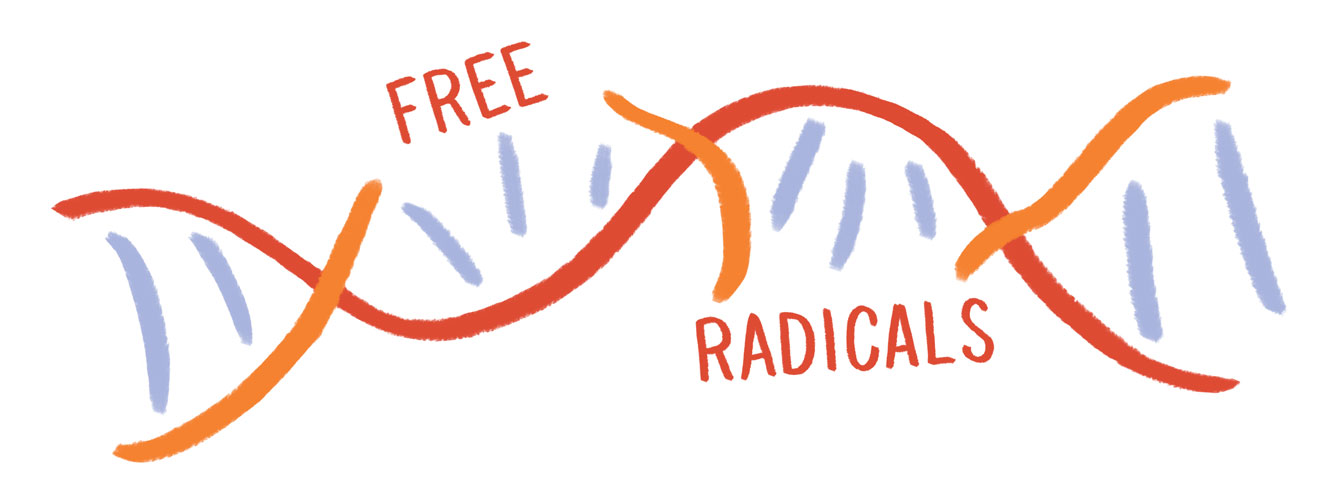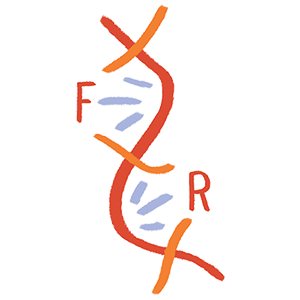
Watching the election on Tuesday night really gave me some insight as to how much I cling on to hope.
After Florida went to the Republicans, I still hoped. There was still a chance.
After Ohio burned red, I still clung on.
After Michigan.
And Wisconsin.
And even after all the major news sites, political analysts, and calculations pointed >95% likelihood that the race would go to Trump and the maps were colored in with fire, I still hoped for something. For a miscount. An error. An “I fooled you, I didn’t actually want to be president.” Anything.
Some may call this hope naïve, some may point out that it stems from a place of privilege, it’s the “liberal bubble.” But that’s what I needed to hold onto to survive.
I’m not going to lie, I still have some hope even now. Not quite for the same things – I don’t think the election results will change. But I do have hope in something else.
Many are calling out Trump-optimists. He won’t really do this, he can’t actually change that. But the truth is, he’s already changed too much – for the worst. And while I don’t actually know what he will do once he is sworn into office, I’m not optimistic about him as a person or leader. The only thing I know is this: what happens now and what happens next is unpredictable.
The only thing we have left is each other. Our relationships and communities cannot be taken away from us. We cannot let them take our only sustaining life-force, otherwise, hate wins. Fear wins. And though I feel defeated and hopeless most days, there is something that I learned and am still learning. We cannot fight the system if we are not getting what we need from each other. We cannot fight for others if there’s nobody fighting for us. We have to be full, supported, loved, and energized before we can even think about making lasting change – this kind of work doesn’t have an end-date. Ideology and relationships aren’t mutually exclusive, but we need one to survive. What can we do in a movement that leaves us with nothing left to give each other?
We cannot do this alone. This is not something we will just get through. We have to be even more aware of our needs than ever before, find and build community with those who can support us and those we can support, and fill each other first. Not everyone is lucky enough to have that support around them. But I’ve found that those who have reached out to offer what they can have already made a palpable impact a sense of renewed hope for where this movement can take us. This is how we fight for each other. This is how we build and transform not only what justice looks like, but the people who will join in this fight.
I still have hope. Not in the unpredictable. But in the little things. In the meaningful ways of being present with others who are struggling, who are disheartened, even through the small conversations with those who may not understand or see things the same way. Fighting for social justice doesn’t always have to look like a fight. And it shouldn’t. It should also be quiet. It should be gentle. It should be caring.
As a queer Korean-American medical student a few years away from “practicing” medicine, I don’t know how much hope I have in dismantling the medical industrial complex. I don’t know how much of the system we can change from the inside. I feel as if I am at an intersection of risk and privilege: I identify with the LGBTQ community and understand how hard that makes life on a daily basis, I identify with women and the constant questioning and doubting that comes along with not being a man, however, I also come from a background and future of educational and economic privilege, which gives me some semblance of safety and security.
How do I interact with these various intersections in a way that can not only give me some clarity but also propel movement rather than complacency? As far as my future career goes, I believe this looks like learning how to better take care of and address specific needs of minorities, asking for and respecting people’s gender pronouns, showing empathy instead of disapproval for those dealing with low self-esteem or addiction or mental health issues, being a safe confidant for patients and friends alike. For now, this is my vision of giving hope and empowering those within a system that tries to take them away.
If you are scared, upset, broken, or hurt: reach out, find ways to take care of yourself, your body, and your mental health. Find people that will be there for you, and be there for them too.
If you are able to give of yourself in any way: reach out, find someone who could use you, listen to other people’s concerns and fears, and stand with them for as long as they need you to, not just until the next big thing fades away.
I don’t believe in a change without love.
This is the least we can do. This is just the beginning.
[Disclaimer: Free Radicals is a collective and the opinions presented in this piece reflect only the author’s individual perspective. We will be sharing Trump responses throughout the coming weeks, which you can access here].





